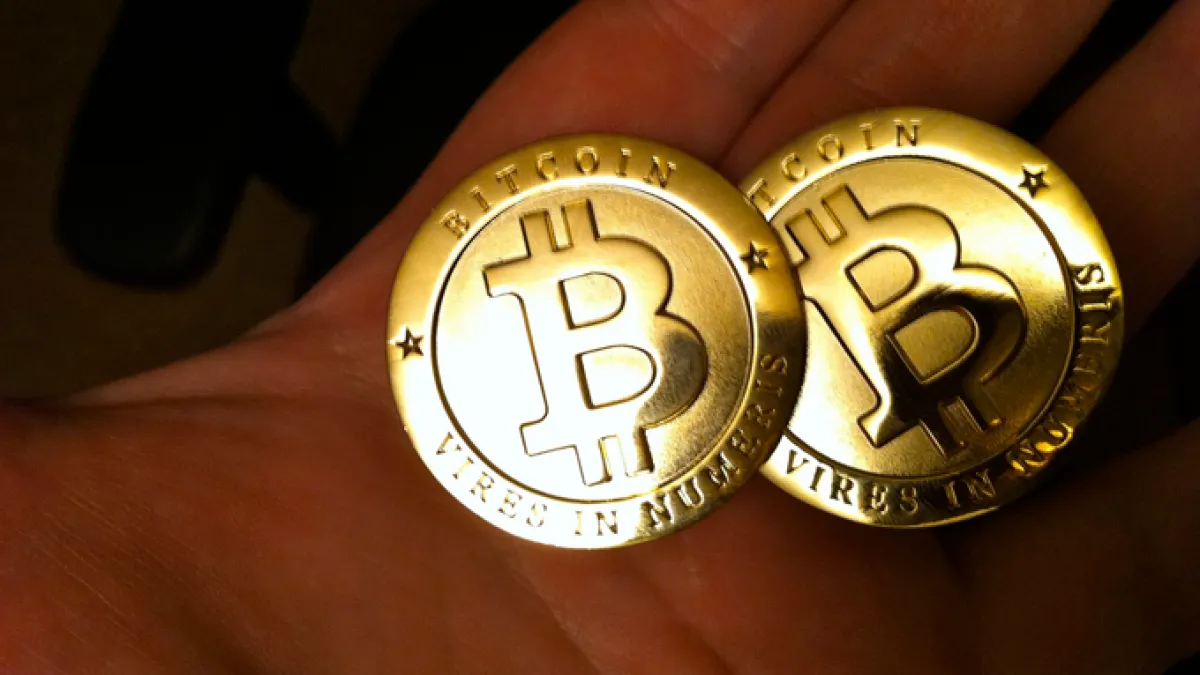How Trump’s Trade War Is Affecting Bitcoin and Gold

President Donald Trump’s renewed trade policies have sent shockwaves through global financial markets, affecting traditional and digital assets. With escalating tariffs and geopolitical uncertainty, investors are searching for safe-haven assets. Historically, gold has been the go-to choice during economic turbulence, but Bitcoin is increasingly viewed as an alternative. Gold’s Surge and Bitcoin However, the recent market reactions suggest a more complex relationship between these assets and global trade dynamics.
Resurgence of Trade Tensions
In early February 2025, Trump announced a 25% tariff on imports from Canada and Mexico and a 10% tax on Chinese goods. These measures, aimed at addressing trade imbalances and protecting domestic industries, have reignited fears of a global trade war. Market reactions were immediate, with increased volatility across asset classes. Stocks declined as investors anticipated supply chain disruptions and rising production costs, while traditional safe-haven assets saw increased demand.

Gold: The Traditional Safe Haven
Gold has long been considered a stable investment during economic uncertainty. Following the tariff announcements, its price surged to a record high of $2,800 per ounce, reflecting investors’ concerns about inflation and market instability. Central banks have continued to increase their gold reserves, reinforcing its role as a hedge against economic downturns. This trend highlights gold’s enduring reliability in uncertain times as investors seek protection from currency fluctuations and economic instability.
Bitcoin: The Digital Gold?
Bitcoin has often been compared to gold due to its limited supply and decentralized nature. Some investors view it as a hedge against inflation and geopolitical risks, leading to speculation that it could act as a modern safe-haven asset. However, its reaction to the trade war has differed from that of gold. Affecting Bitcoin and Gold, After the tariff announcement, Bitcoin’s price dropped below $93,000—a 14% decline from its all-time high in January 2025. This suggests that Bitcoin is still subject to speculative trading and may not yet serve as a true haven.
Diverging Market Reactions
The differing responses of gold and bitcoin to Trump’s trade war can be attributed to various factors. Gold is a well-established asset with deep liquidity and institutional support, making it a preferred choice for investors during uncertain times. In contrast, Bitcoin is still relatively new and faces regulatory uncertainties, contributing to its volatility. The crypto market is also influenced by leverage trading, which can amplify price swings during market turbulence. While Bitcoin has gained credibility with institutional investors, it has not yet reached the level of stability seen in gold markets.
Another factor influencing Bitcoin’s performance is its correlation with risk assets like stocks. Despite being labeled “digital gold,” Bitcoin often moves in tandem with equities rather than serving as a hedge against economic instability. The sell-off in Bitcoin following the tariff announcement suggests that investors still view it as a speculative asset rather than a store of value in times of crisis.
Summary
Trump’s trade war has highlighted the different market behaviors of Bitcoin and gold. While gold has reaffirmed its status as a haven, Bitcoin’s response suggests it has not yet fully assumed that role. Affecting Bitcoin and Gold, Although Bitcoin shares some characteristics with gold. Such as scarcity and decentralization, it remains highly volatile and influenced by speculative trading.
The future of Bitcoin as a safe-haven asset will depend on several factors. Including regulatory developments, market maturation, and institutional adoption. Suppose Bitcoin continues to gain acceptance among financial institutions and experiences reduced volatility. It may solidify its position as a modern alternative to gold. Until then, investors must remain cautious and well-informed, balancing their portfolios to navigate the uncertainties of global trade tensions.
[sp_easyaccordion id=”5734″]
